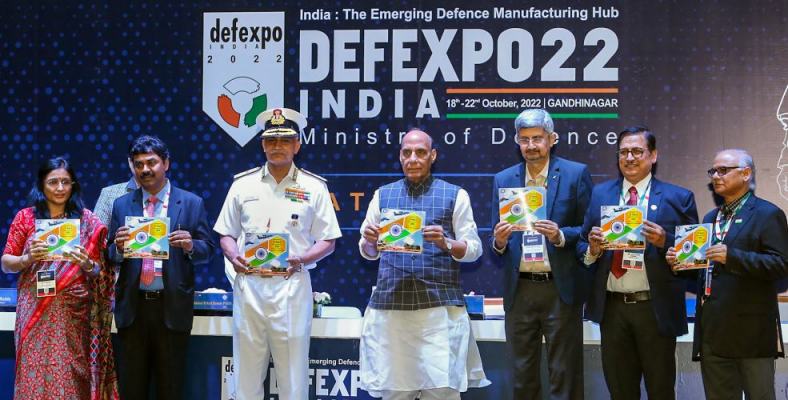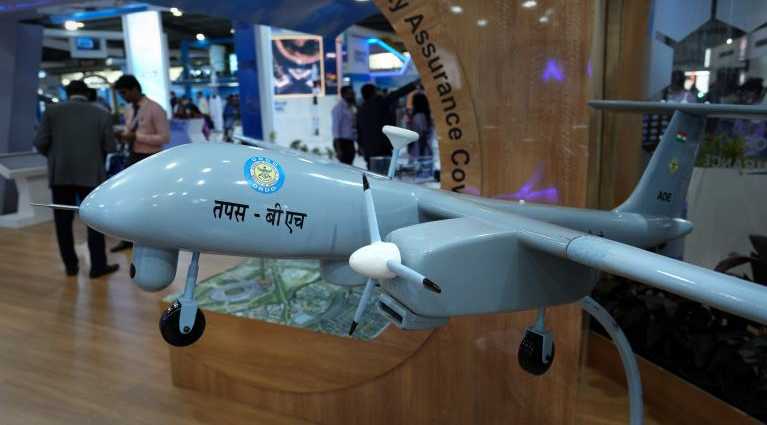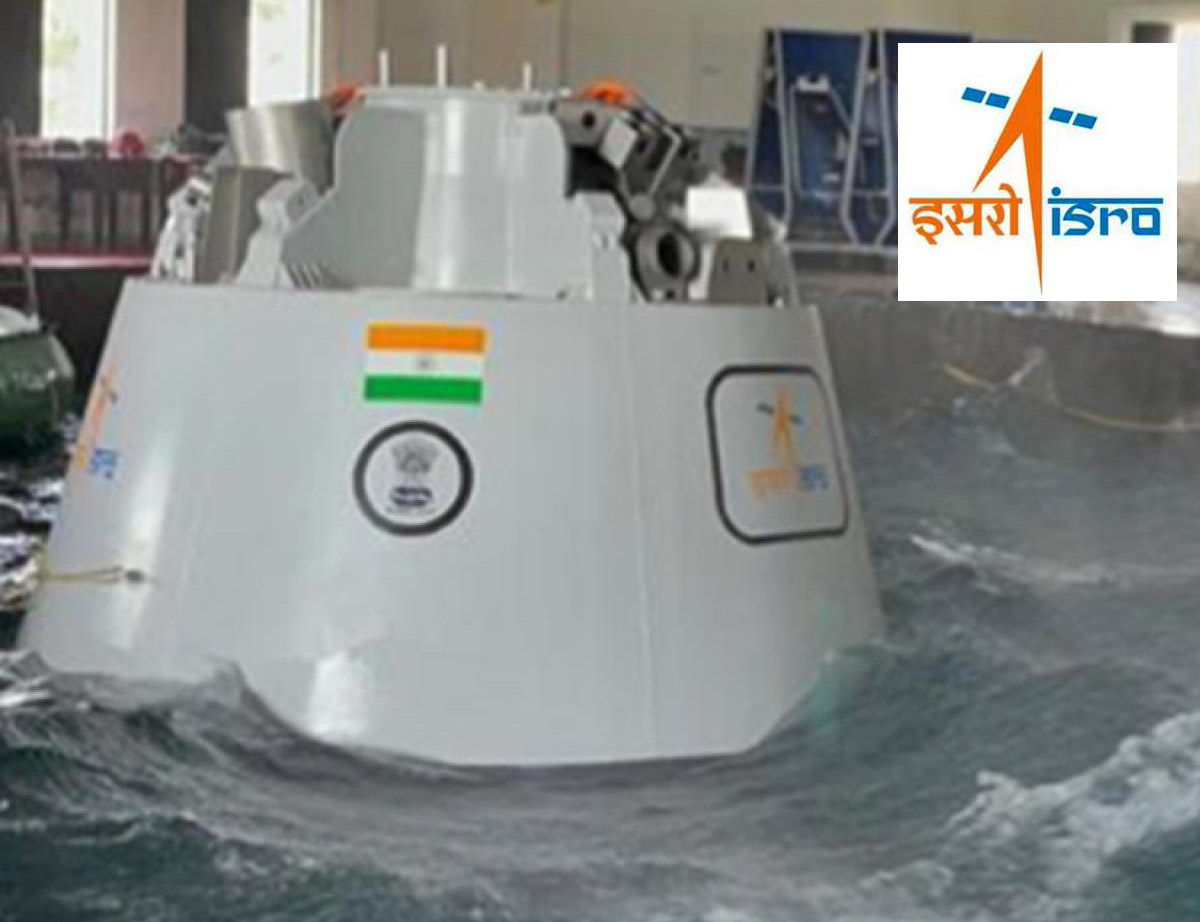
Defence Minister Rajnath Singh with Chief of Naval Staff Admiral R. Hari Kumar and other dignitaries during the Defence Research & Development Organisation (DRDO) seminar, organised as part of the DefExpo 2022, in Gandhinagar, Thursday, Oct. 20, 2022. A PTI Photo
GANDHINAGAR (PTI): Defence Minister Rajnath Singh said he had to go abroad three times in nine months after the Indo-China border stand-off began in May 2020 and insisted on building a robust defence industry in the country to drastically cut down dependence on other countries for arms and ammunition.
He said to have a surprise element for adversaries, India needs uniqueness in planning and indigenous equipment besides technology.
Russia, a major supplier of defence hardware to India, was one of the countries Singh had visited amid tensions with China along the Line of Actual Control (LAC) in Ladakh more than two years ago.
Singh said on Thursday India's defence preparedness has received a fillip in the last few years.
"I can say with confidence that our preparedness to deal with neighbourhood threats has strengthened in the last few years. To have a surprise element for our adversaries, we need uniqueness in planning and indigenous equipment and technology," he said.
Singh was speaking at a seminar on "Atmanirbhar Bharat & Make In India - Road Map For Armed Forces' - at the ongoing Defence Expo (DefExpo) here.
He said New Delhi has faced situations where it took so much time to acquire military equipment from other countries that by the time these products reached India they had become outdated.
"I have personally experienced this. During the Indo-China standoff (in 2020), I had to go abroad thrice in nine months. In such a scenario, those (imported) equipment not only loses their uniqueness, but also prove to be less effective in comparison to others," said Singh.
To deal with such a situation, the only solution for the country is to build its own strong defence industry, the minister said.
Singh maintained the domestic defence industry should ensure timely delivery of required arms, ammunition and spare parts when conflicts arise.
"We have to be cautious because we have seen such scenarios in the past. To maintain capabilities of the home-grown defence manufacturing, the industry needs to maintain sustainability and reliability in supply of defence items," he said.
While stressing on the need to have a strong indigenous defence industry, Singh argued that software programmes and chips inside imported equipment also pose a "security threat" to the country.
"These software and chips are dangerous. Who knows what kind of programming was done in software or how chips were designed. Instead of helping us, it can harm the country. This does not mean we should completely stop imports. We need to maintain a balance between indigenous products and imported items," he stated.
 Previous Article
Previous Article Next Article
Next Article












The Indian Air Force, in its flight trials evaluation report submitted before the Defence Ministry l..
view articleAn insight into the Medium Multi-Role Combat Aircraft competition...
view articleSky enthusiasts can now spot the International Space Station (ISS) commanded by Indian-American astr..
view article